Digital transformation as a driver for innovation
Digital Culture and Creative Industries
In an environment where resources are limited and the competition on the international stage is tough due to advanced technology, digital transformation proves to be essential in theaters, opera houses, and museums to ensure the long-term significance and relevance of companies operating in the creative industry. Prerequisites for this include the use of digital tools, overcoming organizational barriers, and a better understanding of the importance of data to enable more efficient and seamless end-to-end processes.
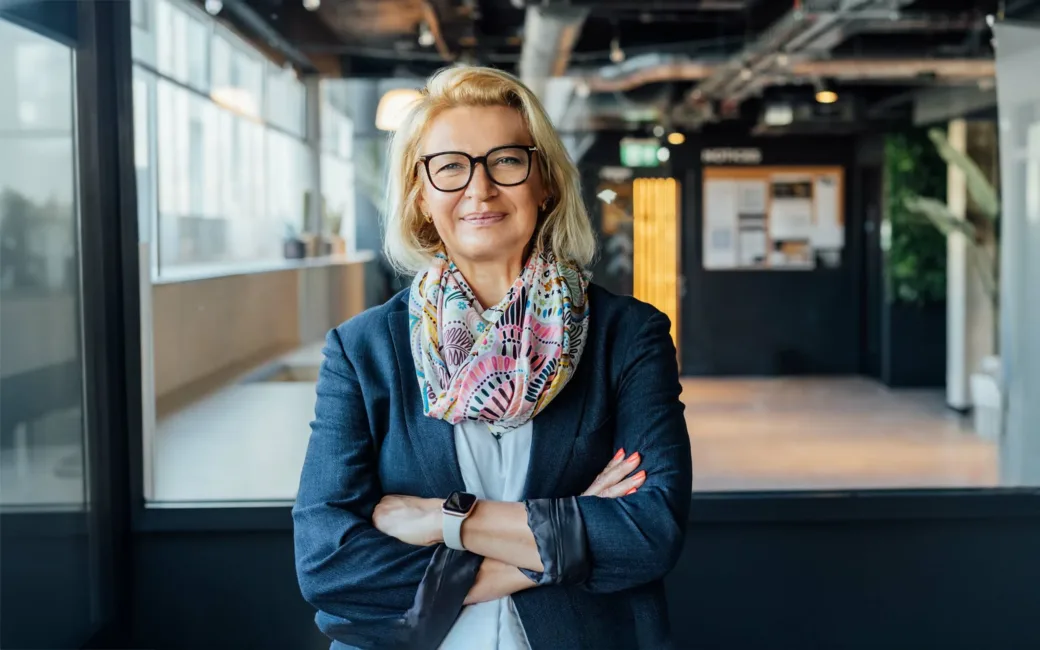
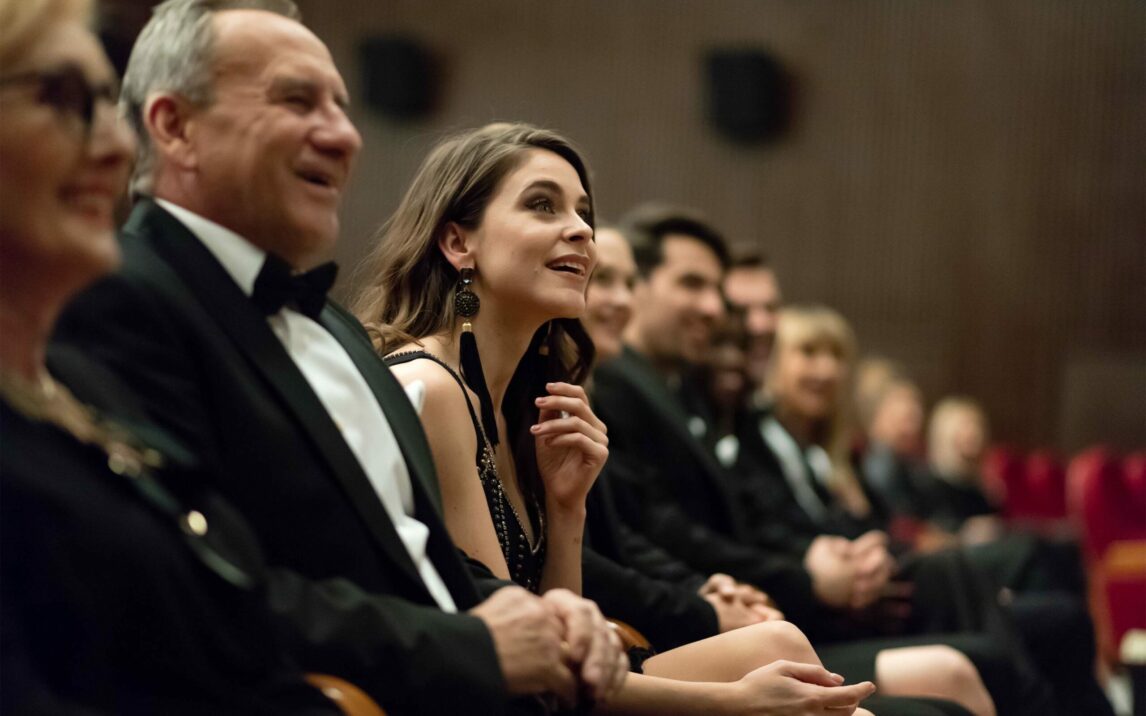
Digital Transformation of the Creative Industry
Digitalization is both a great opportunity and a challenge for the creative industry. In times of tight budgets and enormous competition, including from international technology corporations, the question arises as to how the cultural economy can secure its significance and relevance. Processes in the theater, opera, or museum are hardly digitized; existing data is only used from time to time.
Experience shows that processes can be made more efficient and seamless end-to-end (E2E) through already established tools, overcoming organizational silos, and a better understanding of the value of data (e.g. digital guest contracts, digital construction samples, billing). Errors and media disruptions are avoided, which ultimately is also reflected in the satisfaction and motivation of the employees.
In addition, the culture enthusiast – not just Generation Z – expects a “Digital Customer Journey” and an offer that fits individual needs.
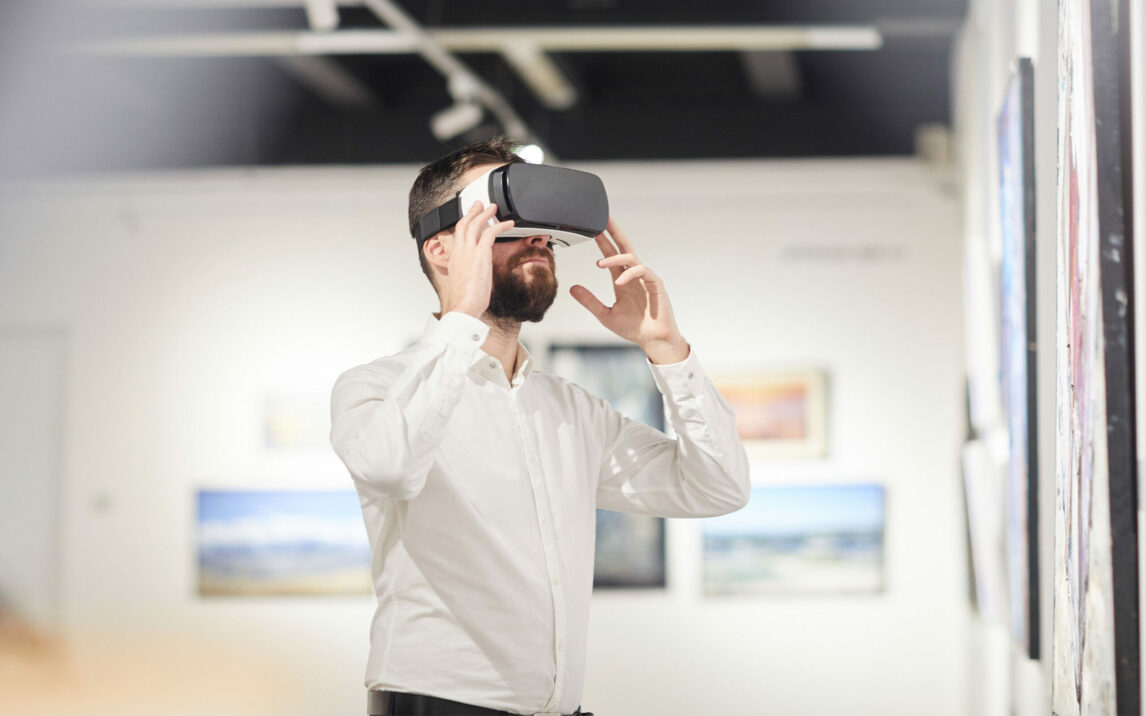
Digitally supported formats such as AR/VR offer not only new perspectives on art but also go beyond traditional “streaming”, although they continue to pose significant artistic and technical challenges. In the process of creating digital assets, it is crucial to address and safeguard key issues related to copyright and the rights of use. The use of GenAI-based tools in the creative-artistic field, for example in decoration, costume, and lighting, can provide new impulses and support less demanding routine tasks even today.
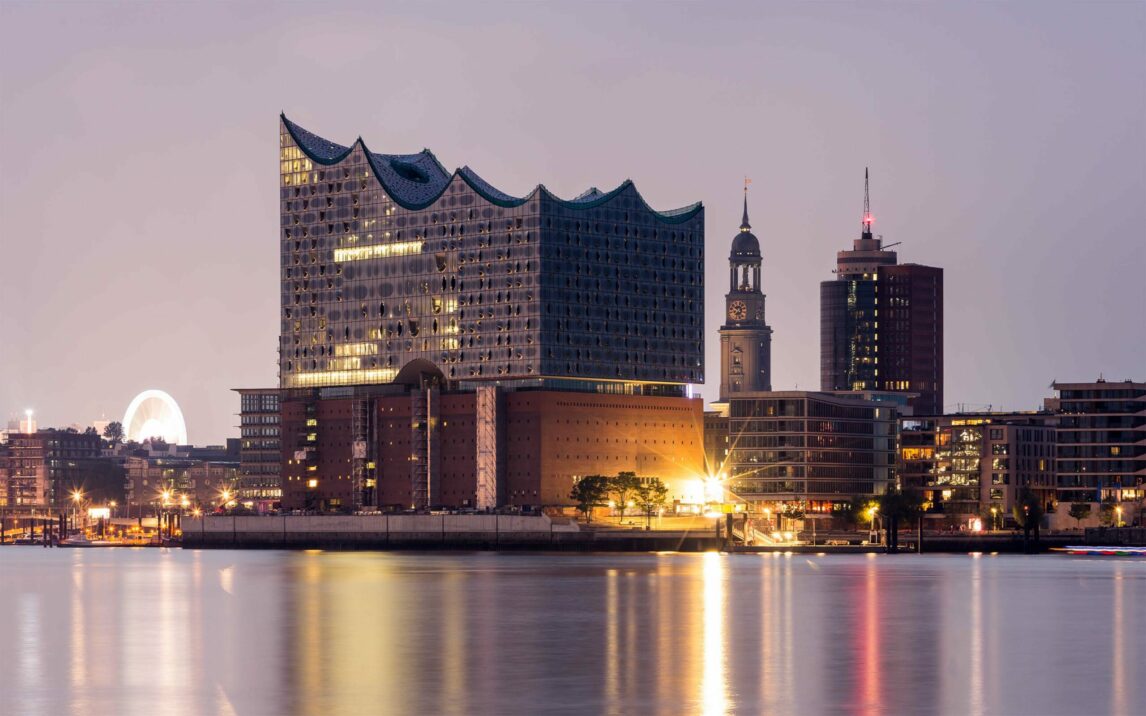
We have already successfully supported renowned institutions in their digital transformation and, with our experience, helped to quickly and easily embark on the right path of transformation, to inspire the team for change, and to sustainably benefit from the opportunities of digitalization. In doing so, we draw on a solid network of experts from leading universities and experienced Executives from cultural institutions.
Reference Case
The Zurich Opera House has many guests… How digitalization simplifies managing guest artistsWhether singers, musicians, directors, or dancers, many of them are not permanently employed at the opera house but are guests who are at least temporarily involved in the opera house experience and contribute to the success of the establishment. There are nearly 1,000 individuals per year, from over 50 nations. The planning of assignments, salary negotiations, possible requests for work permits, contract management, time management, and accounting are time-consuming, prone to errors, and require a lot of coordination between the parties involved: administration, agency, artist.
As part of the digitalization project ‘ContractFlow‘, an end-to-end process was designed across departments, starting with the planning of assignments and ending with accounting. The following guidelines were set: Purely digital documentation/communication, no use of paper, no media disruptions, Single Point of Truth (i.e. digital documents are stored in only one place), electronic signatures, maintenance of master data by the artists.
The new process was mapped onto the existing IT architecture and an IT target image was derived that seemed implementable within 12 months. The optimization of the existing IT architecture and training of the new process were the focus. This allowed the benefits of the new ContractFlow process to be realized relatively quickly. In the medium term, consideration is being given to a digital platform that is universally suitable for digitizing administrative and artistic processes and enables the trustworthy sharing of data with partners (e.g. artists, media, cultural platforms, other stages, visitors).
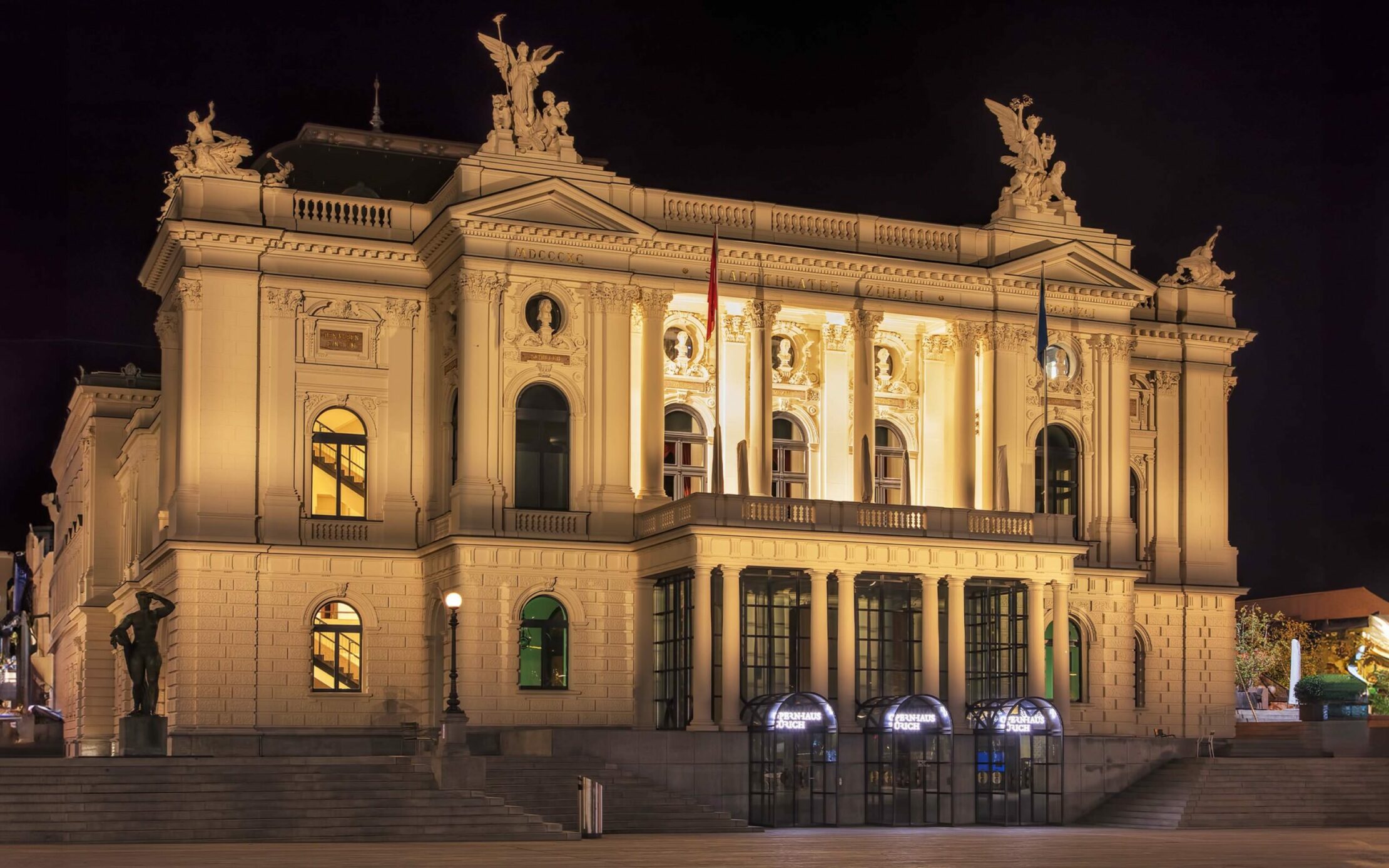
Your Contact
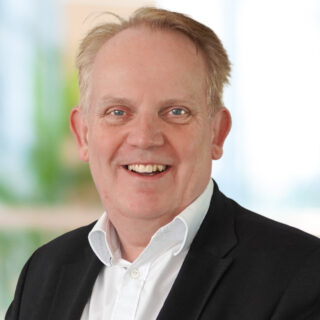
Holger Röder
Senior Vice President
valantic Management Consulting GmbH